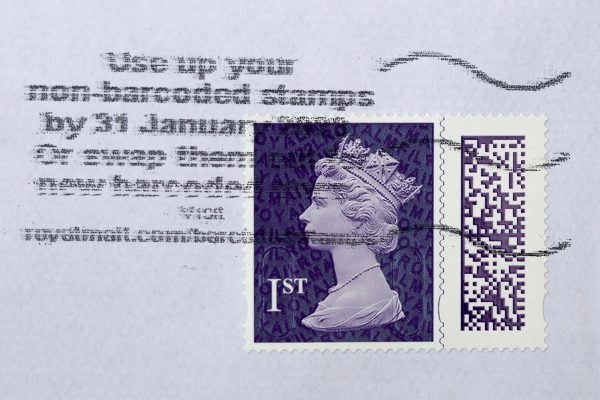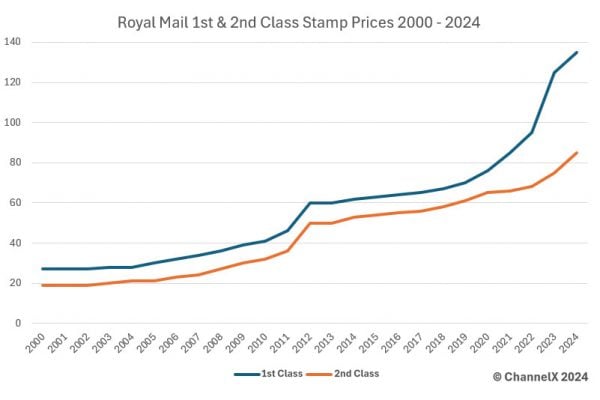Royal Mail have a bit of a problem, whilst the pension plan for their employees is currently in surplus, this is expected to run out as early as 2018. The Company’s annual pension contributions are currently around £400 million. If no changes are made, the contributions could more than double to over £1 billion in 2018.
Royal Mail have concluded that there is no affordable solution to keeping the Plan open in its current form and so have decided that the plan will close to future accrual on 31 March 2018.
Final salary type pension plans are largely a thing of the past as they’re simply unaffordable, most companies provide a defined contribution plan these days where your pension will be based on how much money has been paid into your pension pot. With a defined contribution, it’s affordable for a company as they know exactly what needs to be paid in, but less attractive for employee, especially in today’s low interest rate world as the pot will doubtless grow more slowly than a final salary scheme.
As you would expect, the Unions are up in arms threatening strike action which will in all likelihood achieve nothing. The CWU rightly point out “In place of the current Defined Benefit scheme, Royal Mail plan to put all members into inferior money purchase alternatives. On average, employees face losing up to a third of their future pensions.” No one is arguing with that.
The CWU go on to say “CWU has made clear that any attempt by the company to impose change without agreement will be met with the strongest possible opposition including a ballot for industrial action.”
There would on the face of it appear to be two credible alternatives, either Royal Mail close the Pension scheme and replace it with a defined contribution, or there’s a realistic chance that they could go bust. However the CWU suggest that a “defined benefit Wage in Retirement Scheme” would offer Royal Mail “a credible, cost efficient and lasting pension solution for all its employees”.
Everyone agrees something needs to be done to make Royal Mail’s pension scheme affordable. Unfortunately until it’s signed off by both the company, employees and the Unions the possibility of strike action is a realistic worry for all those reliant on the mail, especially for ecommerce retailers.










4 Responses
I thought the pension liability was paid off by the taxpayer as part of the flotation.
I distinctly remember George Osborne (aka the Joker in the Batman movies) making an announcement that the pension debt was being nationalised:
“The transfer of the £28 billion of assets from the Royal Mail pension fund to the Exchequer will free it from its crippling pension debts, ensure the pensions of hard-working staff are paid and help to bring in new private sector investment.”
2003 strike was for pay and conditions.Pension changes were part of this.Union decided to take this out of negotiations to settle the dispute.Once it was removed it was inevitable it was going to change.Then the Blair government that the union supported opened up the service to all and sundry in 2006 meaning that the new companies got a cheap ride at Royal Mails expense. The solution now is the same as then.Pay more in,take less out,and work longer to get it.Or die.Same has happened to the state pension.The only people who benefit are the ones who dont really need it because of the high salaries they are on.Give every worker half a million and they would say keep your pension.
dozy sods!
striking is futile ,
creating even more debt with less availability of funds to improve the situation